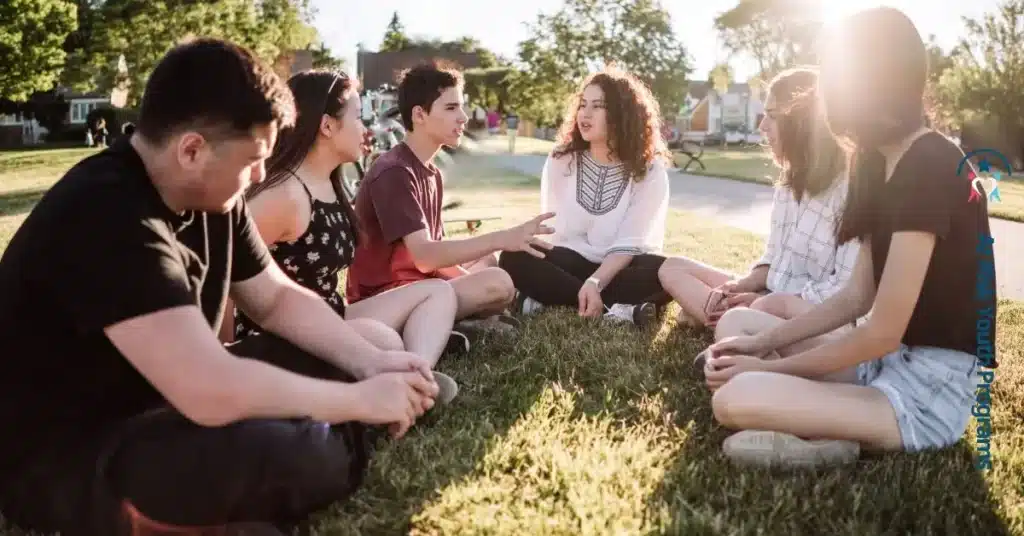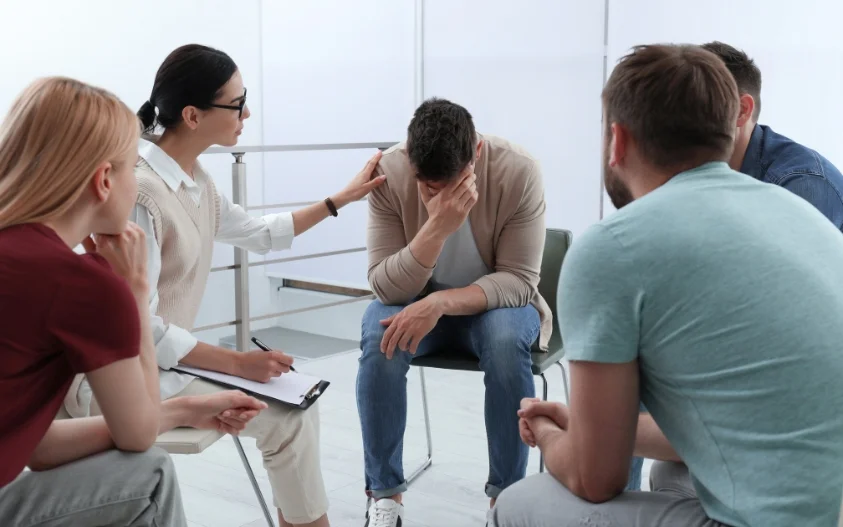emerges as a crucial support system for individuals grappling with post-traumatic stress disorder, offering specialized rehabilitation tailored to their unique needs. These rehab centers primarily focus on treating individuals who have suffered trauma, whether due to military service, abuse, accidents, or other distressing events. The approach to treatment in Grandy's PTSD rehabilitation facilities is multifaceted, combining psychological support with evidence-based techniques such as cognitive-behavioral therapy (CBT), exposure therapy, and mindfulness practices. This holistic perspective recognizes the complexity of PTSD, addressing both mental health and substance use issues, which may co-occur in these populations. The historical context of PTSD Treatment rehab centers in Grandy reveals a commitment to providing essential care for trauma-affected individuals, reflecting broader national efforts to increase mental health awareness since the late 20th century. Rehabilitation centers have made substantial contributions to the well-being of those afflicted by PTSD, focusing on healing, empowerment, and reintegrating individuals into their communities with healthier coping mechanisms. Therefore, exploring the PTSD Treatment rehab centers in Grandy is pivotal for those seeking recovery pathways and support, as they stand as a beacon of hope and healing in a complex landscape of mental health.
Learn more about PTSD Treatment centers in Grandy

































